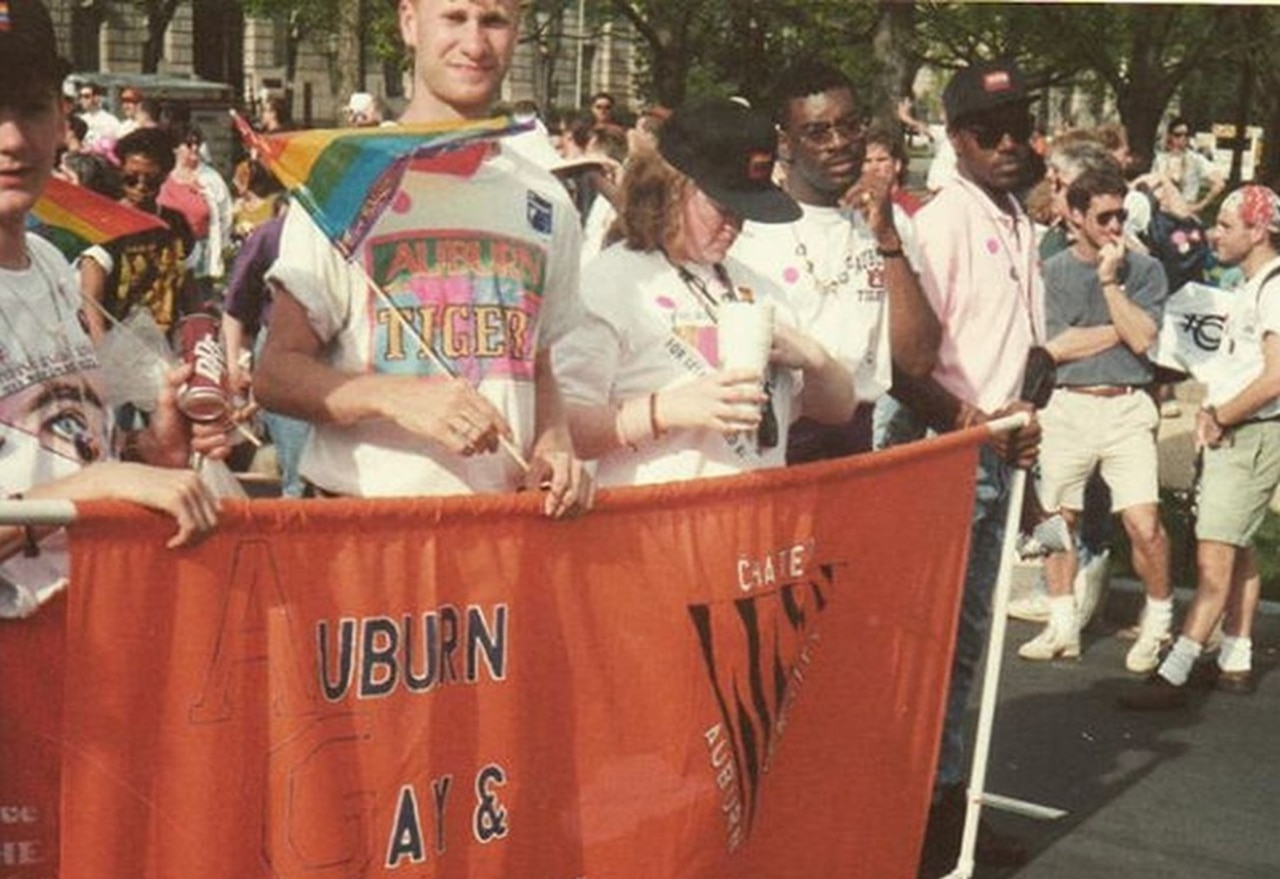Alabama Archives director: LGBTQ presentation âneither indoctrination nor politicizationâ
A presentation given by a group that researches the history of LGBTQ life in the South and sponsored by a state agency was part of a lecture series that is about “neither indoctrination nor politicization,” the agency’s director said Friday.
Steve Murray, director of the Alabama Department of Archives and History, was responding to criticism from two Republican state lawmakers of the Indivisible History Project’s presentation as part of the agency’s Food for Thought lecture series.
“As its name suggests, the Food for Thought program is intended to connect specialists in a wide array of topics with members of the general public who are interested in learning about Alabama’s history. Not every program will be of interest to every Alabamian, but we strive to ensure that Alabamians will find somewhere in our offerings some historical content that is meaningful to them. Our aim is neither indoctrination nor politicization,” Murray said in a statement Friday to AL.com.
See also: 6 stories from Alabama’s ‘intentionally erased’ LGBTQ+ history
Alabama House Majority Leader Scott Stadthagen, R-Hartselle told 1819 News the lecture promotes “a liberal political LGBTQ agenda, while state Rep. Jamie Kiel, R-Russellville, told the outlet the talk was an example of“woke liberal agenda … invading our culture.”
1819 News is a website that was once owned by the Alabama Policy Institute.
Maigen Sullivan, co-founder of the Birmingham-based Indivisible Histories Project who gave the Thursday lecture, told AL.com on Thursday the talk was devoid of politics.
Members of Auburn University’s Gay Lesbian Association marching in the 1993 LGB March on Washington. (Invisible Histories Project)
“I really just went over things that are quite black and white,” she said. “It’s just a record of history, and so I find it mind-boggling that anyone would interpret facts as a political agenda.”
It included detailing the first Pride march in Alabama and how the president of Auburn University at the time stood up for the university’s Gay-Lesbian Alliance amid efforts to shutter the student organization in the early 1990s.
“Dr. Sullivan’s talk was an examination of primary sources on her topic and a discussion of what can and cannot be concluded about the lives of people in the past based on available evidence,” Murray said. “Those are basic concepts of historical inquiry, explored in this case through the story of Alabama’s LGBTQ+ community.”
